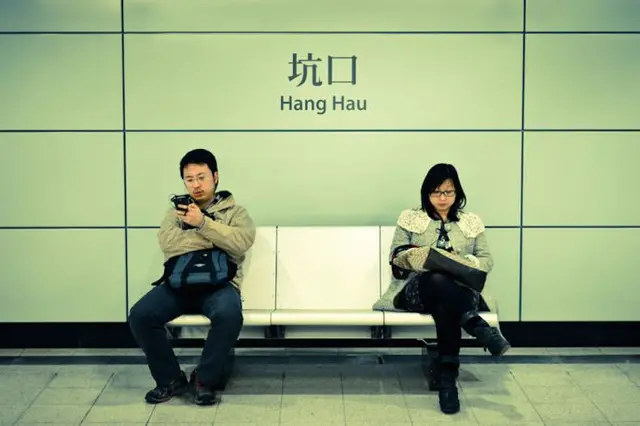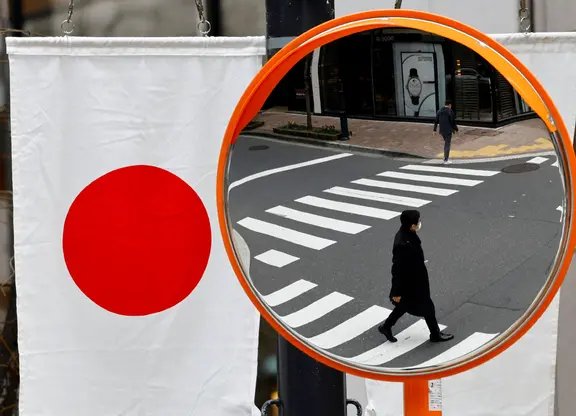(SOUTH CHINA MORNING POST) “I think when you message someone on a dating app, you feel like you know people better than you do,” says Grace*, a 21-year-old Hong Kong student and former Tinder user.
“When you write a lot of messages, you think you know him well, but over time people can be different. They can disguise it quite a few times and when you eventually know what they are it is too late.”
Grace no longer uses dating apps – and understandably so. A fleeting relationship with a Tinder match, an Australian expat, left her pregnant; she felt no other option but to have an abortion when he offered no support.
The experience left her scarred, and she remains unsure if she’ll ever use a dating app again.
This is the dark side of online dating in a big city. One swipe or message and you can connect with any number of new people.
In spite of, or perhaps because of, the potential risks, the process is addictive and exhilarating — with so many possible matches, it can start to feel as though your next boyfriend or girlfriend is just around the corner. Or at least someone to kill an hour with.
But some young Hongkongers appear reluctant to embrace this often fast-and-furious approach to dating.
Speaking to twentysomethings who have grown up in the city, the majority felt although dating apps were providing opportunities to meet prospective partners, few of these dates were resulting in meaningful relationships, but rather short-term flings or one-night stands.
“I think dating apps are still a taboo,” says Grace. “You are not proud of using them but you do it anyway. I think you can use it but you just don’t tell your parents. I don’t think Hong Kong teenagers discuss romance with their parents. We are not very expressive, particularly in Cantonese, it is hard to tell parents cheesy things. And people’s parents can be very conservative.”
Young men voiced similar feelings about dating apps, particularly Tinder.
Stephen*, 25, said he had decided to “lessen his expectations” after a couple of disappointing dates. “It’s a hit or miss platform,” he said. “You win dates or you lose some. I’ve gone through a couple, and I could honestly say you can really never get what you want from it. I think the speed of dating has become a lot faster. People are now more hasty about it; the journey is shorter than it was before.”
Another man said he felt people were too preoccupied with finding a girlfriend or boyfriend for the sake of having one, rather than focusing on developing their own interests.
Despite this, he remained unconvinced by the power of apps to change the local dating scene, saying; “I don’t see such a huge change in the dating practice among my gang. People go Lan Kwai Fong and meet new people there anyway.”
Many of those exploring the online dating world said they continued to feel a degree of pressure from family members to marry and have children of their own by a certain age.
According to the latest Hong Kong government statistics from 2013, the median age to marry was 31 for men and 29 for women. This was a slight increase from 1991, when the median ages were 29 and 26 respectively.
As in most developed countries, Hong Kong has seen most people increasingly delay marriage, often in favour of pursuing a career.
“I think dating has become less serious in young people’s eyes after dating apps became popular,” says 21-year-old Jennifer*, who has used apps including iAround.com and Skout, and met her boyfriend of three years online.
“It seems it’s so easy to ‘get’ a boyfriend or girlfriend who people tend not to treasure. I also feel like young people progress to a sexual relationship quite often nowadays when they go on a date.”
Despite the pitfalls, there are suggestions dating apps have given Hongkongers greater control over their dating lives.
As Jennifer explained: “Youngsters gain more privacy through using dating apps and they can choose whether to disclose that or not. They can choose to meet more people outside of their daily lives.
“Still, my family is rather traditional and they would actually prefer me to build my own family as soon as I am able to be economically independent, which could prove very hard. I don’t think they could accept it if I pursued a long-term relationship without getting married.”
Raymond*, 25, said his parents would be “frustrated” if he chose not to follow convention and get married, as they believed in a “happily ever after” ending for him.
He put this down to older Hongkongers being unwilling to see beyond traditional familial structures, saying: “I’m annoyed at why this should be the case. I think this pressure comes from the Chinese culture that there’s an ideal timeline that you should follow and anything out of that creates discomfort.”
Meanwhile, a home-grown pseudo online dating forum has emerged in the form of theHKU Dry Club. Originally set up as a distraction from exams for Hong Kong University students in 2012, the Facebook group now has more than 40,000 members, including students at other Hong Kong universities and even secondary school pupils.
Users are free to post about almost anything, but dating profiles are common, except for one thing: no one includes a picture of themselves.
The page’s creator, who asked to remain anonymous, explained that sharing a photograph would be seen by many as “desperate”, whereas sharing a few details about your interests might encourage a message from a prospective match, or just a platonic friend.
He explained: “I know people who have met boyfriends and girlfriends though our forum and they are happy about it. I know most Hong Kong youngsters don’t want people to know they are looking online for love — maybe because Chinese people are shy and don’t want to seem desperate, so they will cover it up.”
The group’s administrators ensure its content is savoury, but they don’t offer guidance to people planning to set up a date with another user, as they say they are not officially a dating service and are simply offering a tool for people to connect.
With the site due to re-launch this month, the formula seems to be proving popular, suggesting young Hongkongers may have invented their own solution to the eternal dating dilemma.
 简体中文
简体中文





















